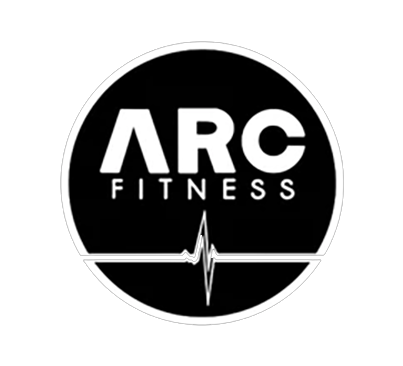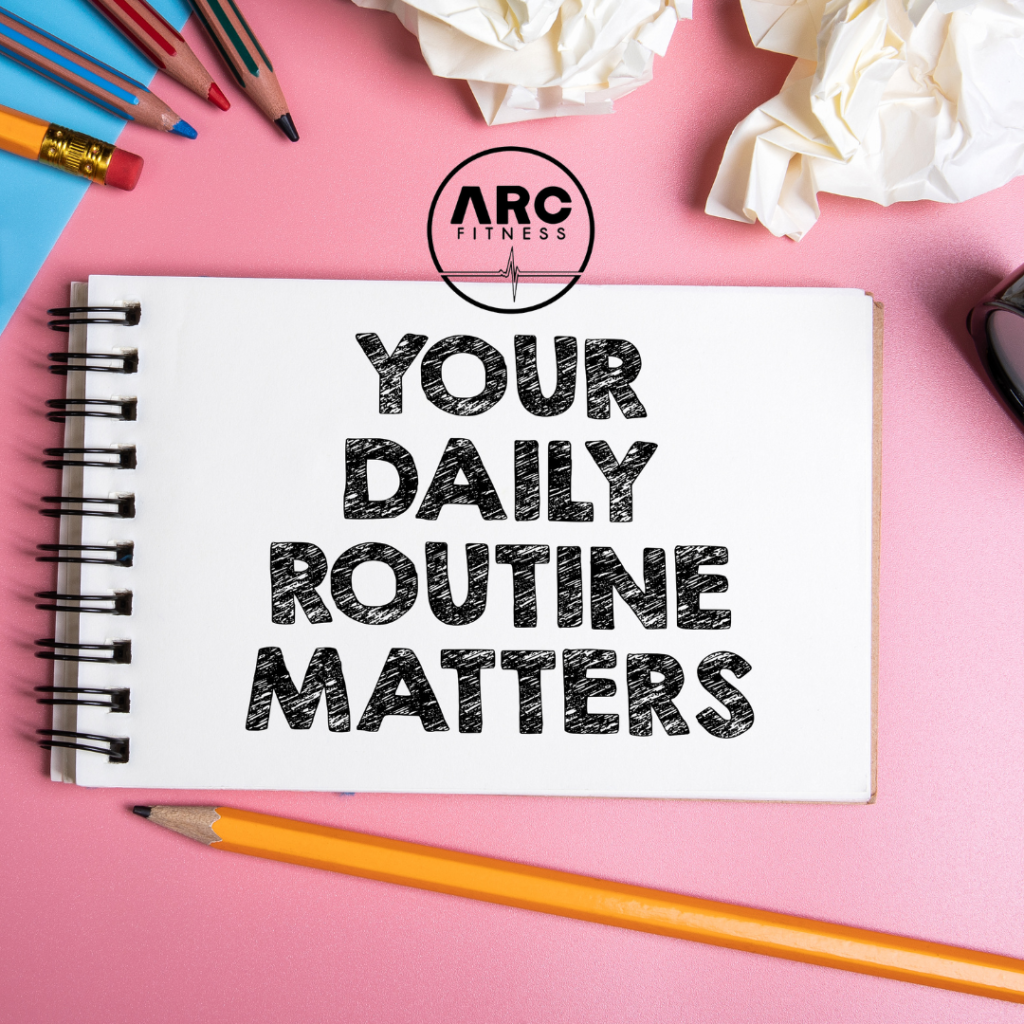No products in the basket.
Uncategorized
The Science of Routine: Why Structure Supports Recovery
The Science of Routine: Why Structure Supports Recovery
When life feels chaotic, unpredictable, or out of control, addiction often steps in as a coping mechanism. Substances can offer what feels like quick relief, but they also feed the chaos. In recovery, one of the most powerful antidotes to this cycle isn’t willpower alone. Its structure. It’s the intentional building of routines that support stability, health, and progress.
At ARC Fitness, we talk a lot about consistency. Because consistency creates safety, and safety creates space for growth.
Why Your Brain Loves Routine
The human brain thrives on patterns and predictability. Routines give your nervous system something steady to hold onto. When your brain knows what to expect, it spends less energy managing uncertainty and more energy on healing, learning, and connection.
Research in neuroscience shows that predictable daily rhythms reduce stress hormone levels (like cortisol), improve sleep, regulate appetite, and support mood stability. When the brain doesn’t have to constantly anticipate what’s next, it relaxes. It feels safer. And in recovery, feeling safe is where change begins.
Chaos Fuels Cravings—Structure Calms Them
Addiction feeds on disconnection and unpredictability. Stress spikes? Reach for the old coping strategy. Boredom hits? Slip back into familiar patterns. But when your day has a rhythm—a clear flow of action, rest, and connection—there’s less space for impulsive decisions.
Structure doesn’t mean rigid or robotic. It means intentional. It means choosing the shape of your day, rather than letting the day shape you.
How Routine Builds Recovery Muscle
- Reduces decision fatigue – When key parts of your day are scheduled, your brain doesn’t burn energy on constant choices.
- Supports healthy behaviours – Eating well, moving your body, and sleeping consistently become easier when they’re built into a routine.
- Anchor accountability – Having set times for group sessions, fitness classes, or check-ins reinforces commitment.
- Strengthens self-trust – Following through on your own plan builds evidence that you’re capable, consistent, and growing.
What Makes a Good Recovery Routine?
A strong routine isn’t about cramming your day full of tasks. It’s about creating a balanced flow that supports your body, mind, and relationships. Some key components might include:
- Set wake-up and sleep times
- Regular meal times with balanced nutrition
- Movement or exercise, even if light
- Mindfulness practice, journaling, or breathwork
- Scheduled connection with others (groups, friends, mentors)
- Time for fun, hobbies, or relaxation
Most importantly, your routine should reflect your values and needs, not someone else’s expectations.
How ARC Helps You Build Structure
At ARC Fitness, routine is baked into how we support our community. Whether it’s group training sessions, scheduled check-ins, or recovery-focused workshops, we help create the rhythm that keeps progress moving forward.
We encourage our clients to find a balance between structure and flexibility. Life will always throw curveballs—but having a strong daily foundation means you’re better equipped to respond, not just react.
Final Thought: Build the Life You Want to Stay Sober For
Recovery isn’t about restriction—it’s about reconstruction. It’s about building a life that feels good to wake up to. One where your routines aren’t a prison, but a pathway. A way of giving yourself the best chance at health, hope, and healing.
Structure supports freedom. Routine supports recovery. And it all starts with the small choices you make daily.

